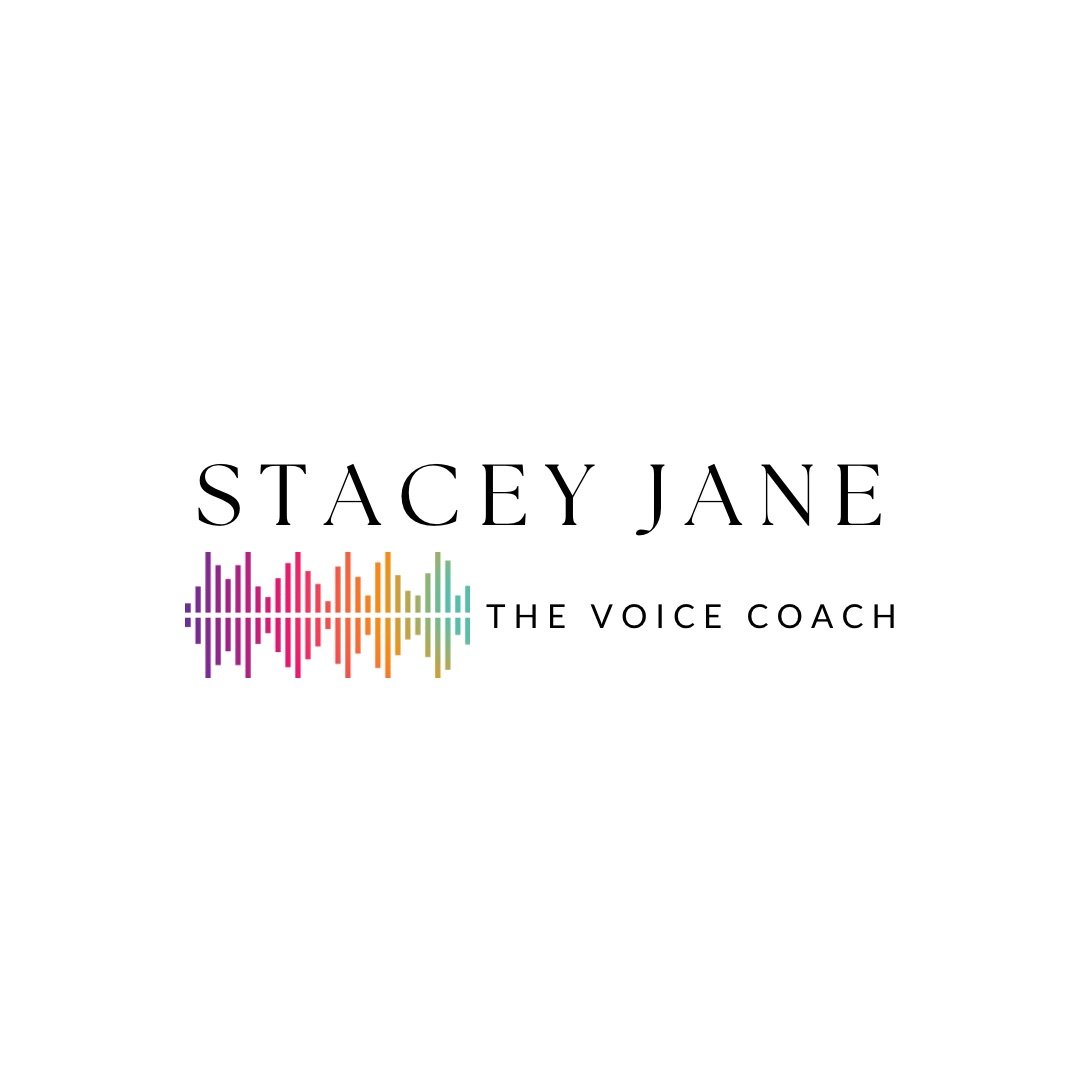Jaw Tension and Singing
Jaw Tension and Singing
There is nothing worse than tension in your jaw…
And there is nothing worse then singing WITH tension in your jaw 😔
Do you find it uncomfortable to open our mouth to sing?
Some of my students actually don’t know they have tension in the jaw/ mouth until I point it out to them…
So how do you know if you have tension in the jaw?
Try this..
Place two of your fingers either side of your face just under the check bones where your jaw drops..
Is it sore if you press in around the area? Do you notice if the muscles are tight?
It usually means there is some tension in your jaw…
If there is tension in the jaw, there could also be some tension in your voice too - It all correlates.
When the jaw is tense this tension is transferred to the tongue muscles, the hyoid bone, your resonators and to the larynx (your voice box) which affects the quality of your singing.
The resonators are what ‘shapes’ your voice and depicts what comes out of your mouth, they consist of the pharynx (throat) mouth cavity, tongue, teeth, hard palate, soft palate and nasal passages. If the resonators are tense this affects your voice.
The resonators, lips, soft palate, hard palate, tongue, teeth, pharynx, nasal passages.
“The mandible is part of a composite structure that includes the tongue, the hyoid bone, and the larynx.
What a singer does with the jaw directly affects the other members of this compound mechanism and determines the shape of the resonator system.
The resonator tube (the vocal tract) extends from the larynx to the lips, and alters its position in reaction to postures of the jaw and tongue.” Miller. R.
But what can you do to help relieve some of the tension in your jaw?
A helpful exercise that I find can relieve some of the tension in my jaw and in some of my students is this little massage.. I call it finding the sweet spot… Mmmm
To find this, place your thumbs either side of your face closer to your ears and slide them across just under your cheek bone. Massage this area for at least 60 seconds, both sides.. Mmm feels nice Right!?
Another form of jaw tension also could be the result of TMJ- Owch!
Umm.. Whats TMJ your asking?
The temporomandibular
(tem-puh-roe-man-DIB-u-lur) acts like a sliding hinge, connecting your jawbone to your skull.
You have one joint on each side of your jaw. TMJ disorders are a type of disorder that can cause pain in your jaw joint and in the muscles that control jaw movement.
Your pain may be due to a combination of factors, such as genetics, arthritis or jaw injury.
Some people who have jaw pain also tend to clench or grind their teeth (bruxism).
Some of the symptoms of TMJ are
Pain or tenderness in your jaw
Aching facial pain
Difficulty chewing or pain while chewing
Pain in one or both of the temporomandibular joints
Aching pain in and around your ear
Locking of the joint, making it difficult to open or close your mouth.
TMJ disorders can also cause a clicking sound or grating sensation when you open your mouth or chew.
When to see a specialist?
If you have persistent pain and your unable to open your jaw properly or close please seek medical advise. Either a Dr or dentist can help with treatment of TMJ.
Happy Singing
Stacey Jane The Voice Coach ✌️


